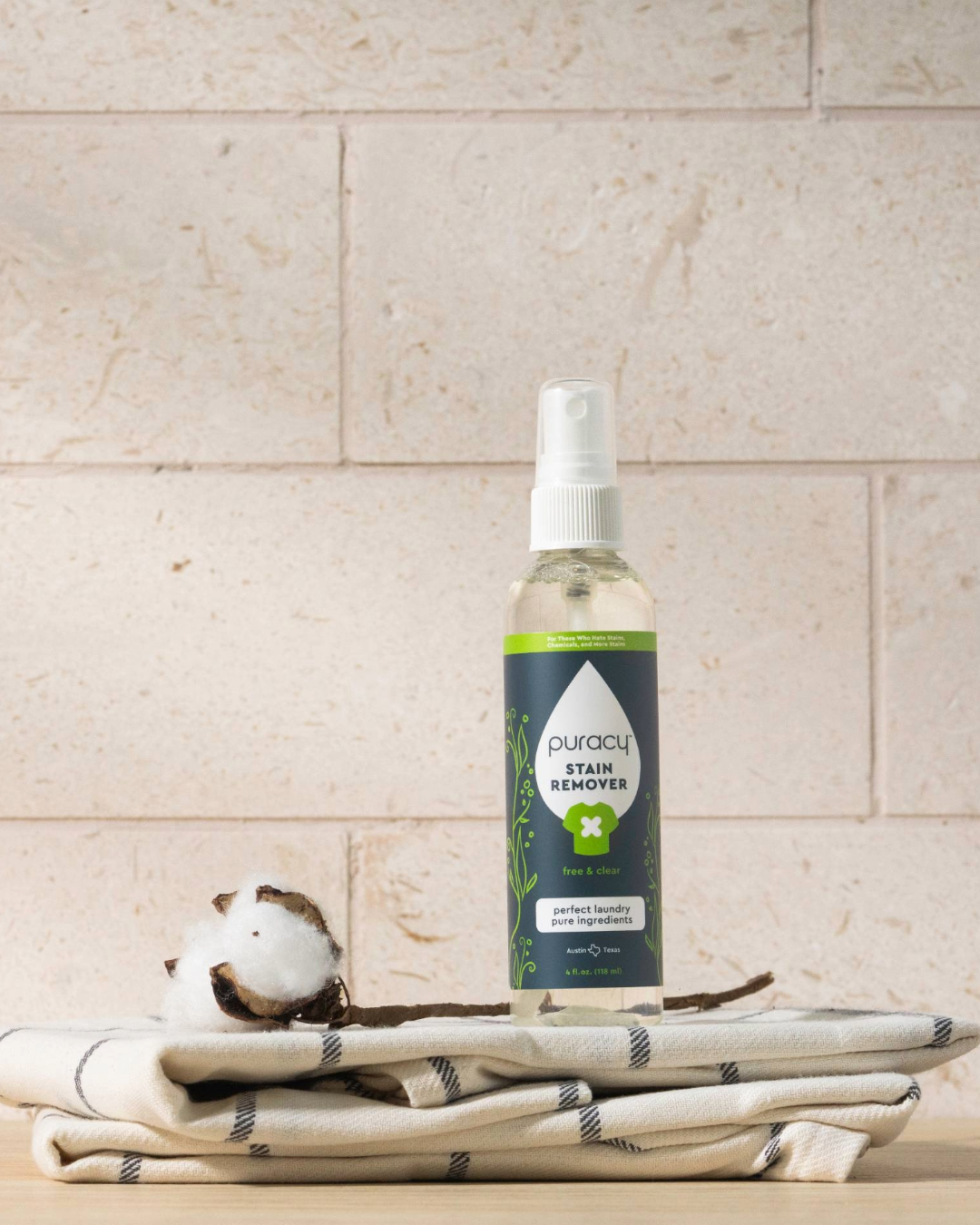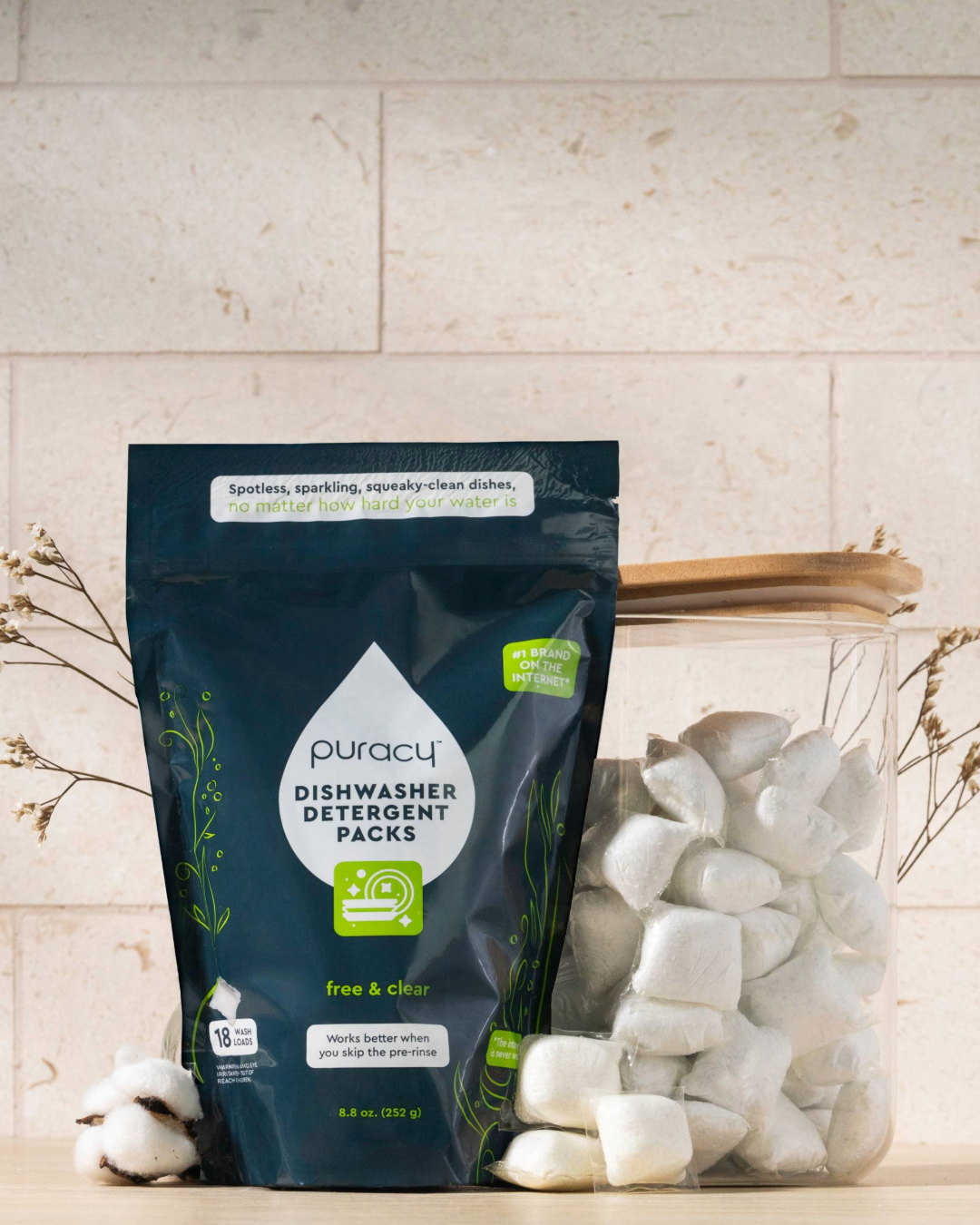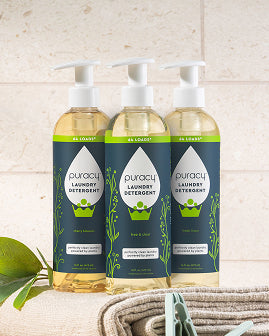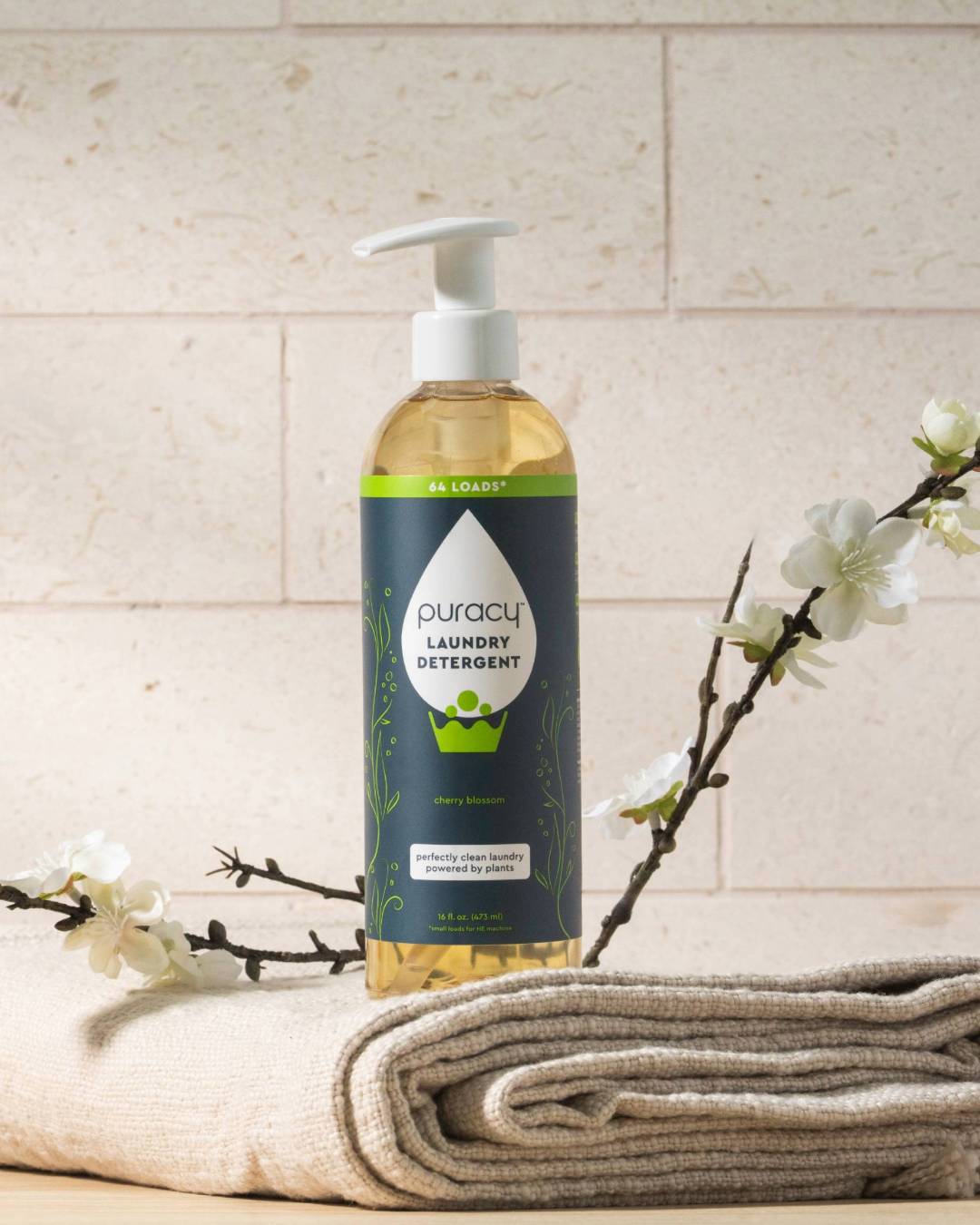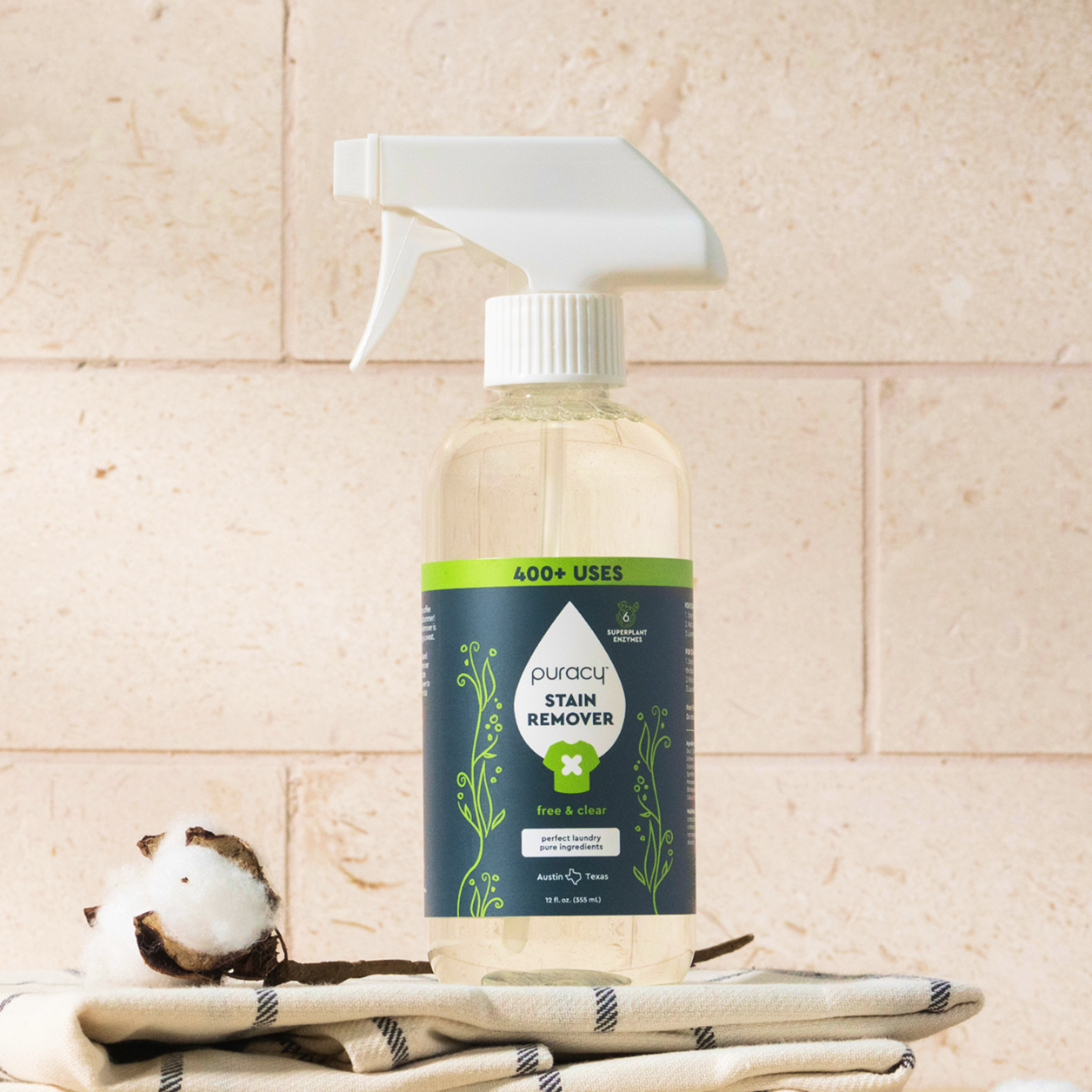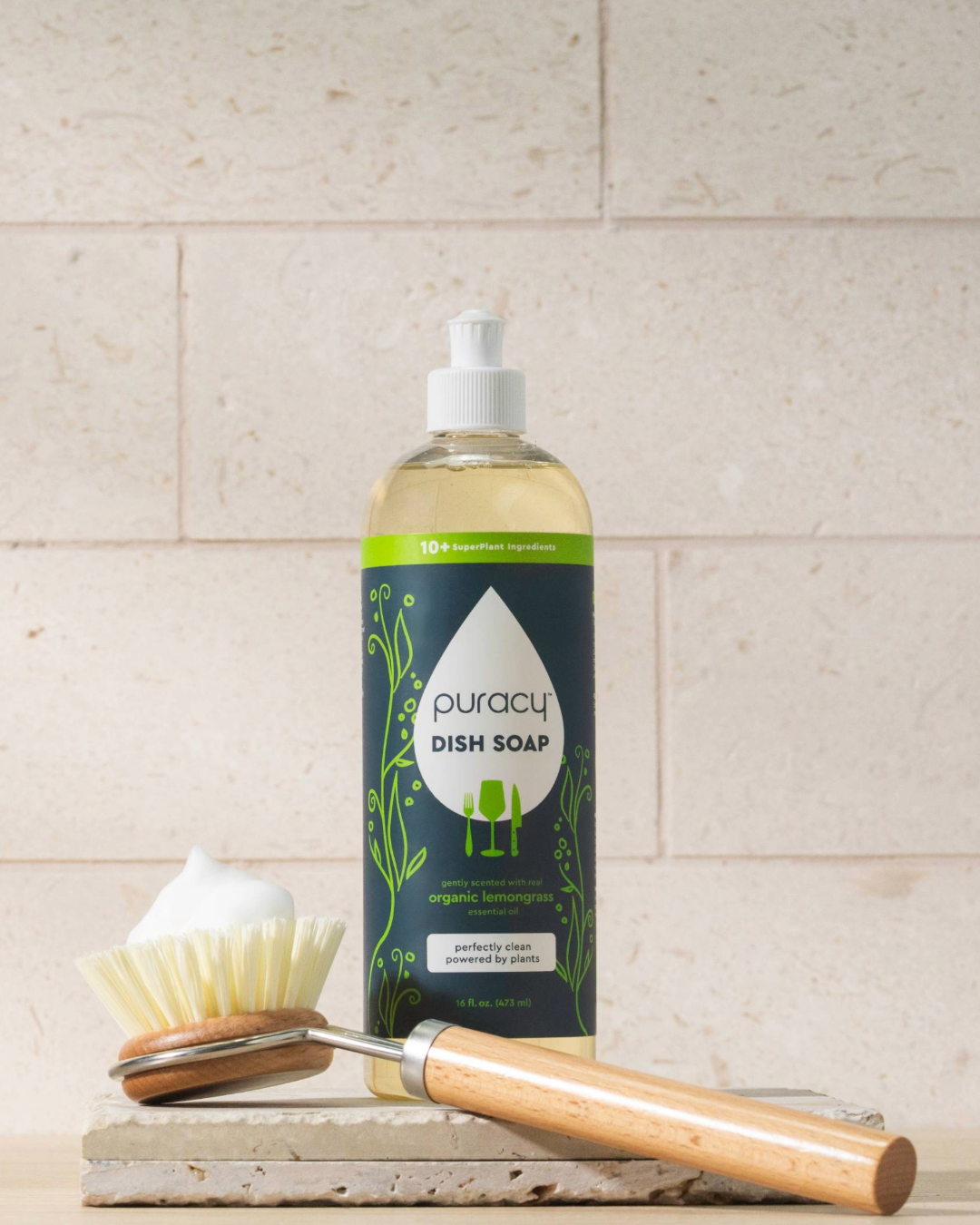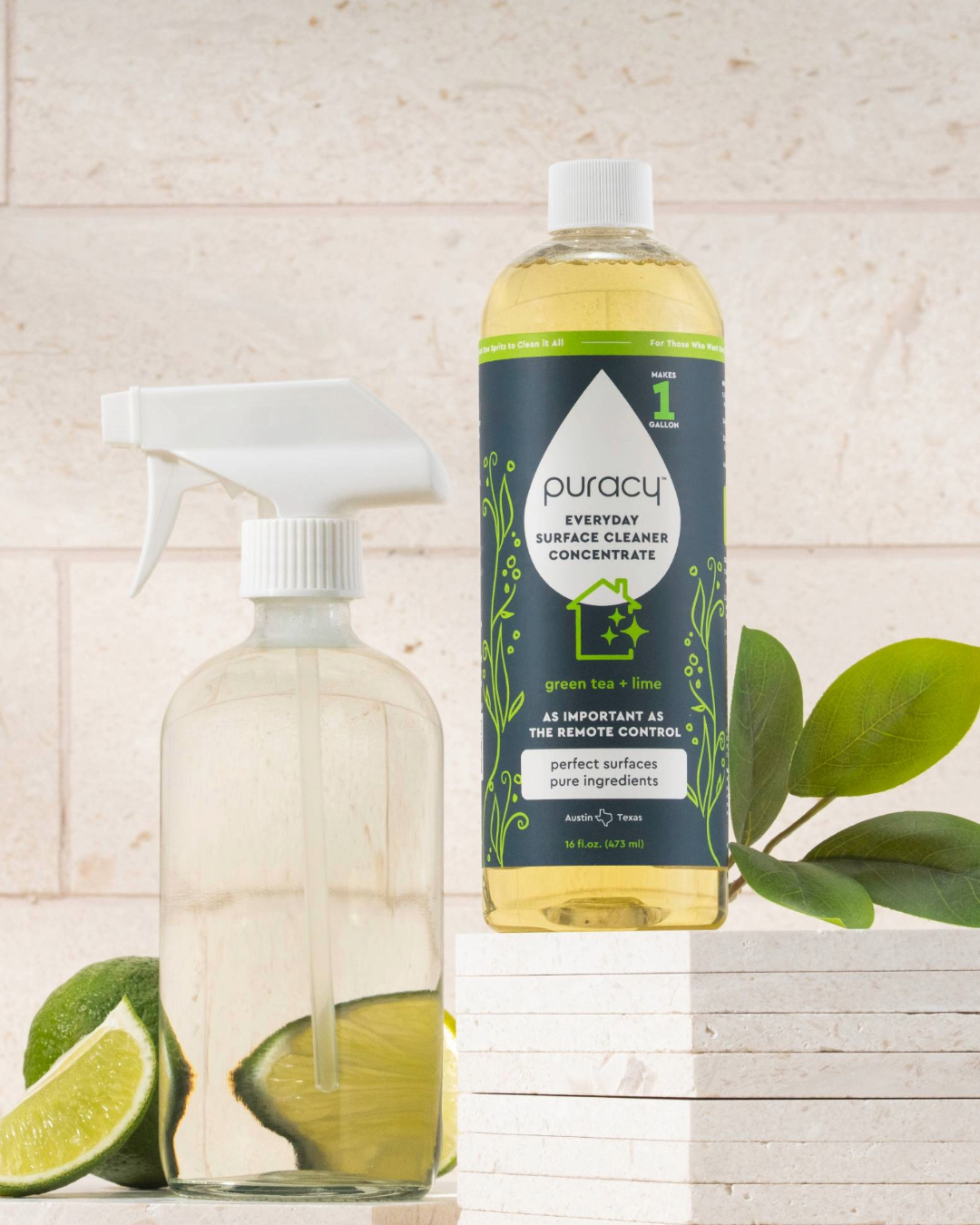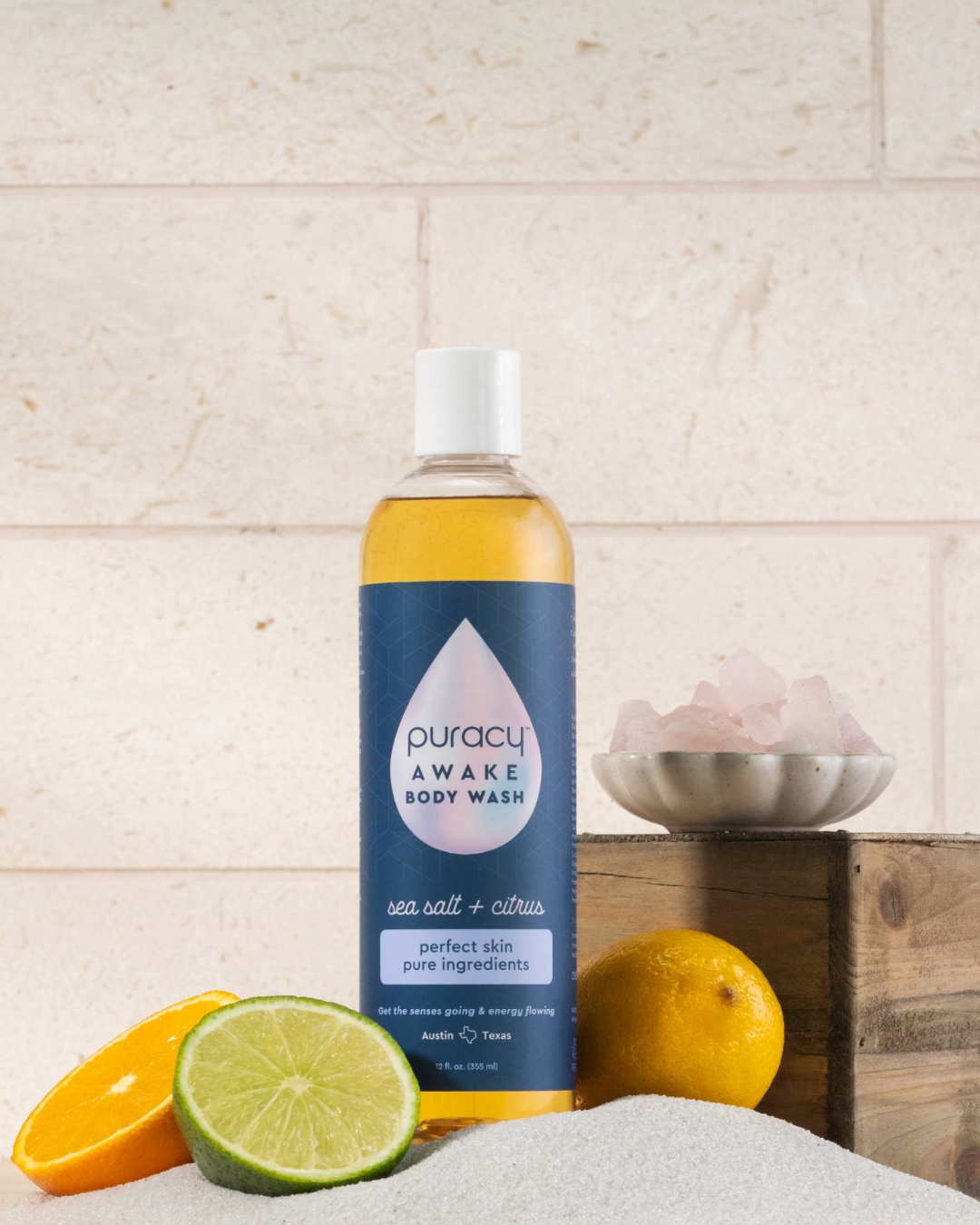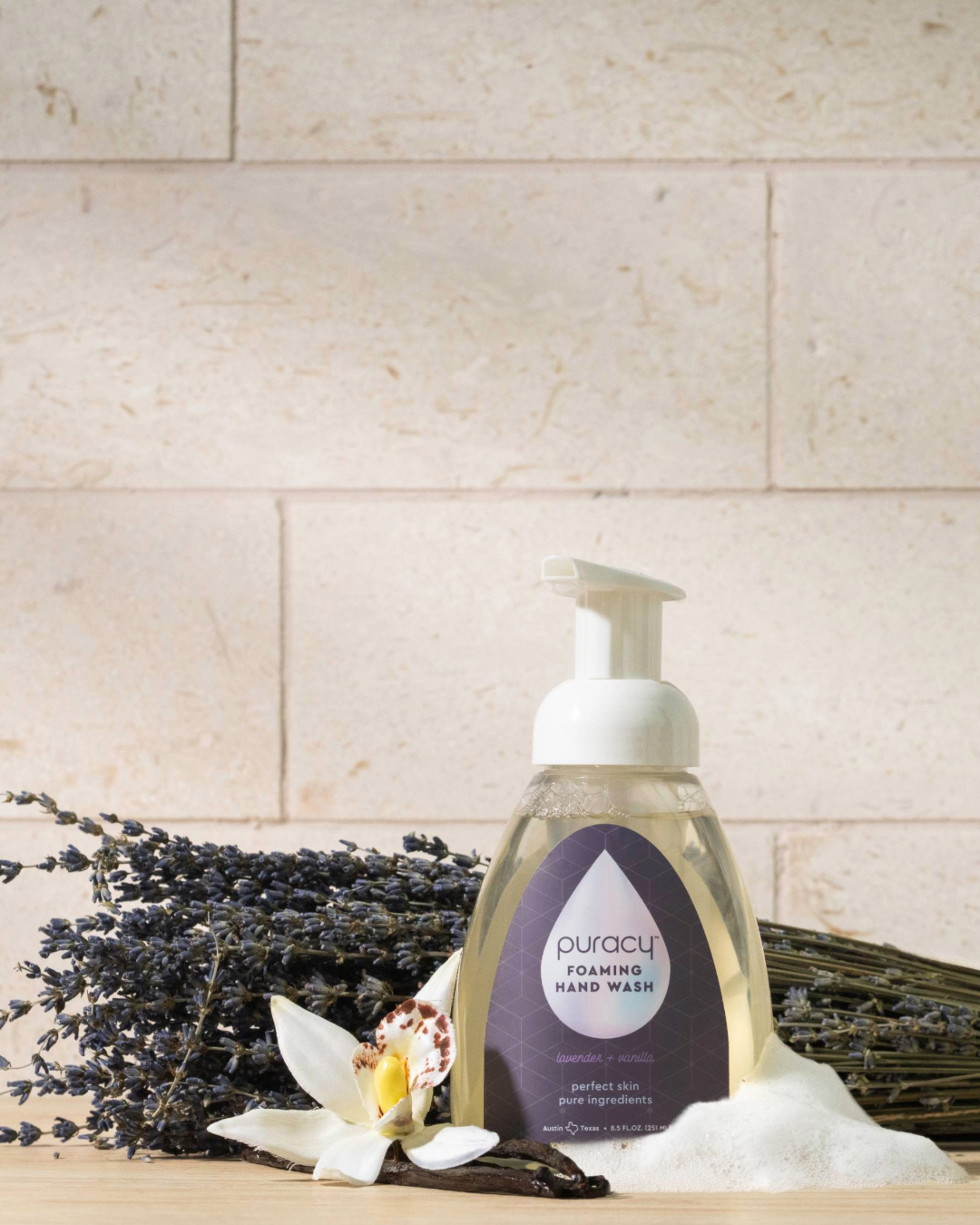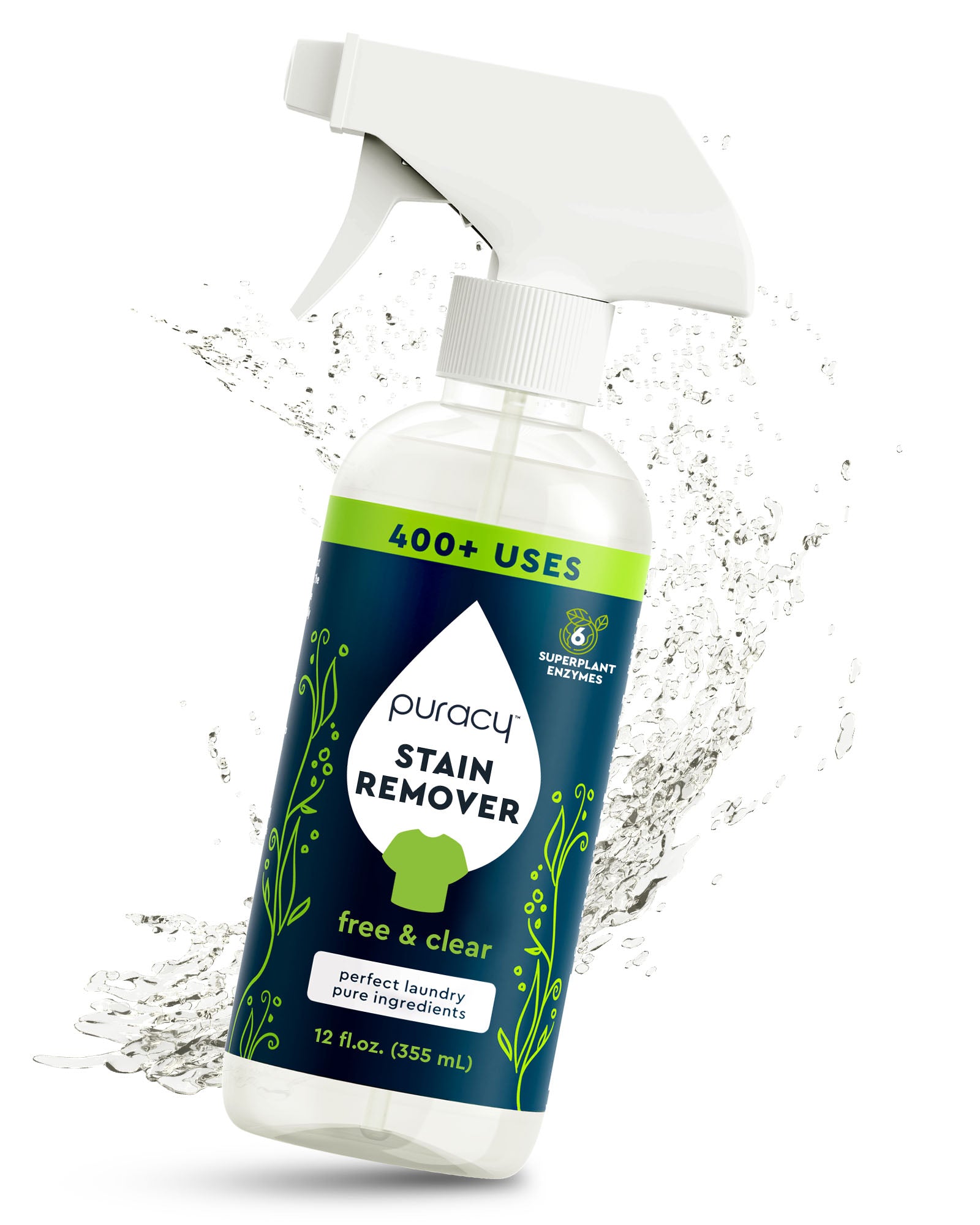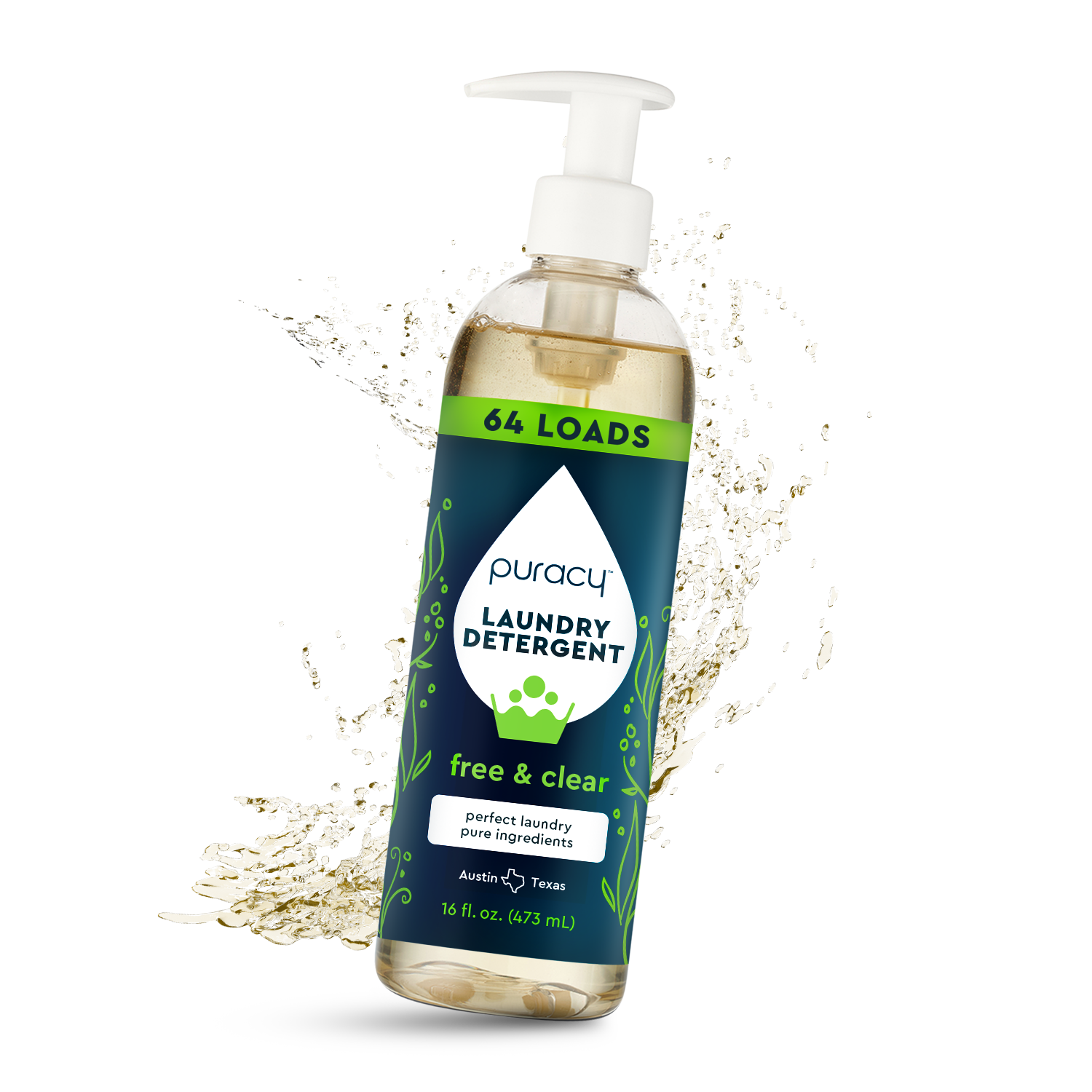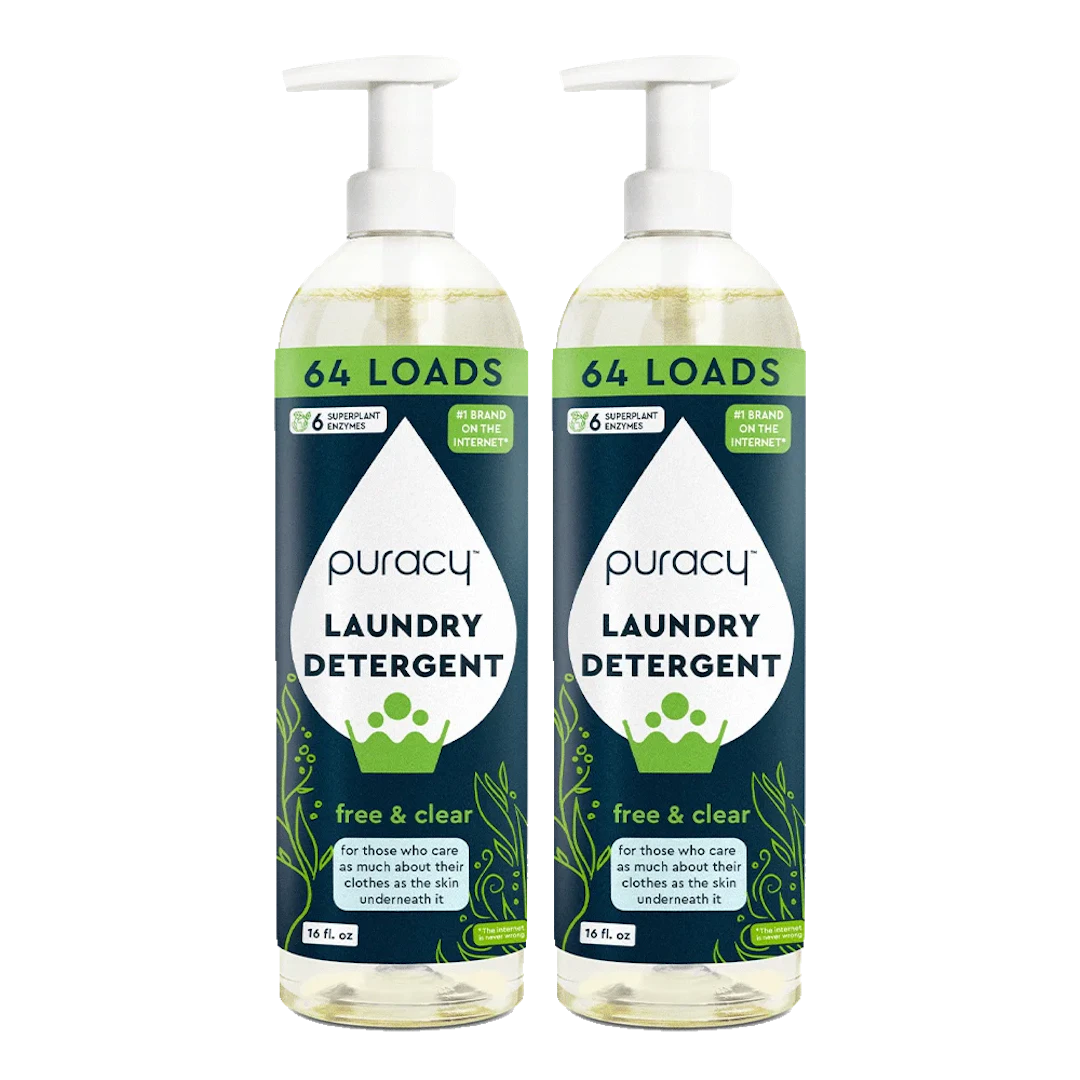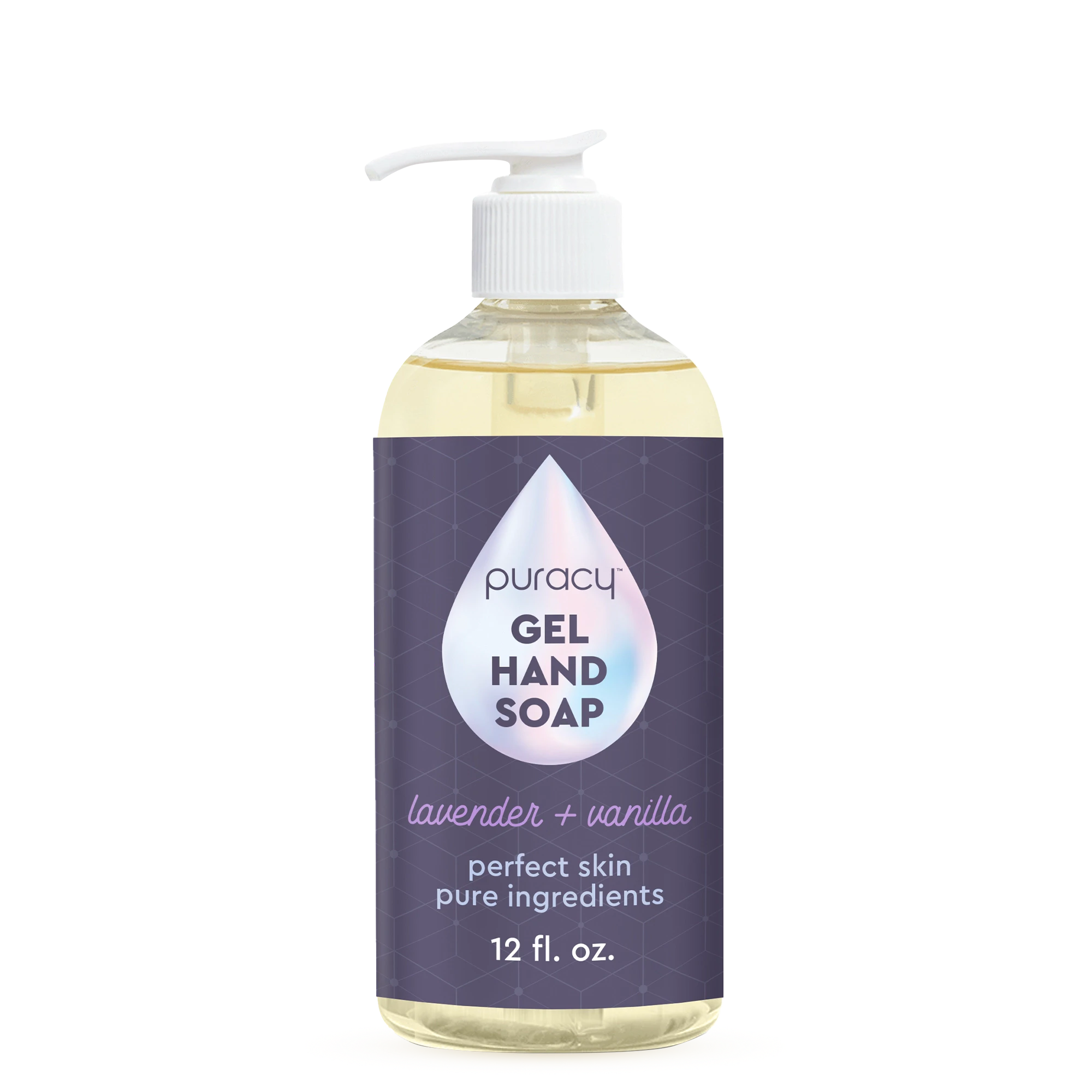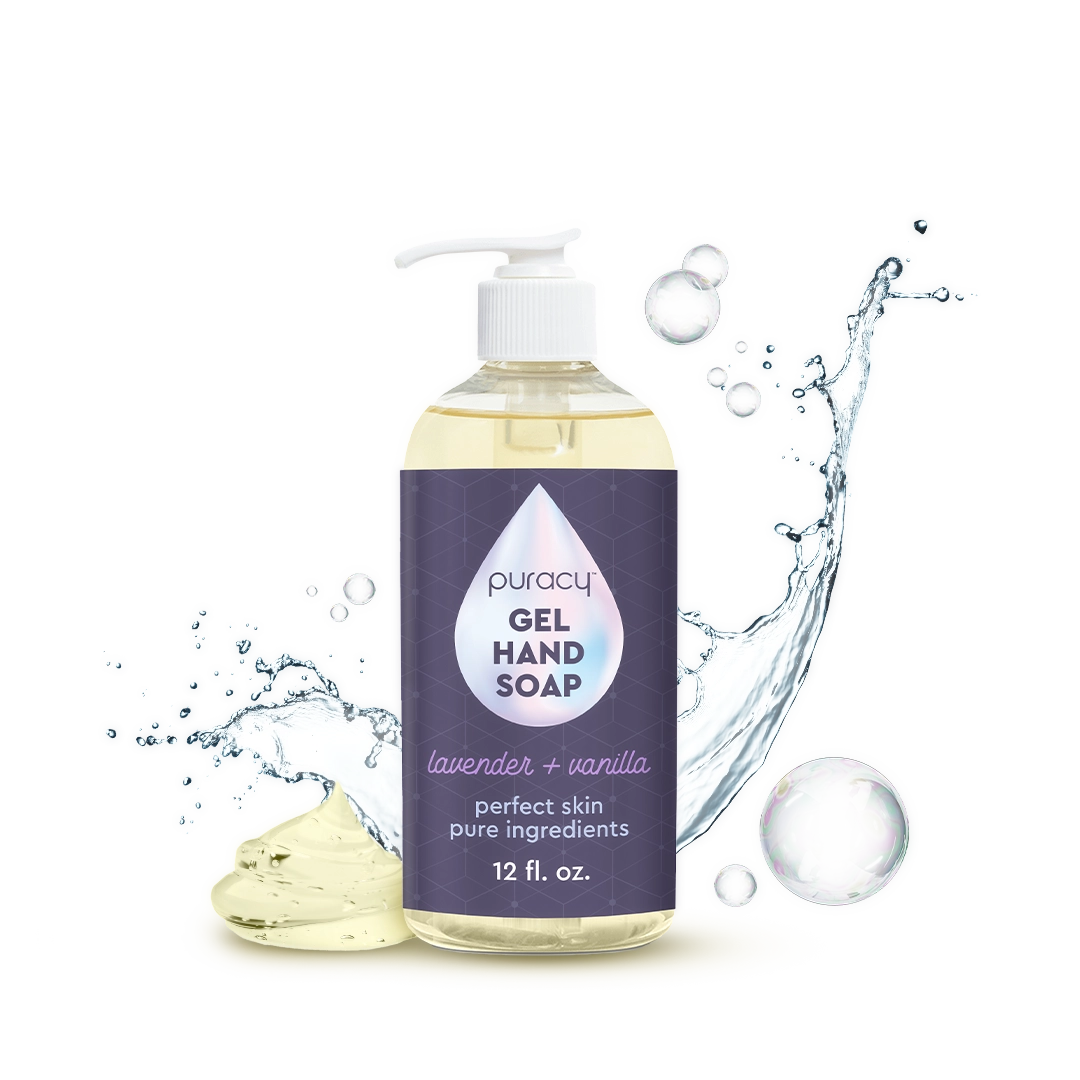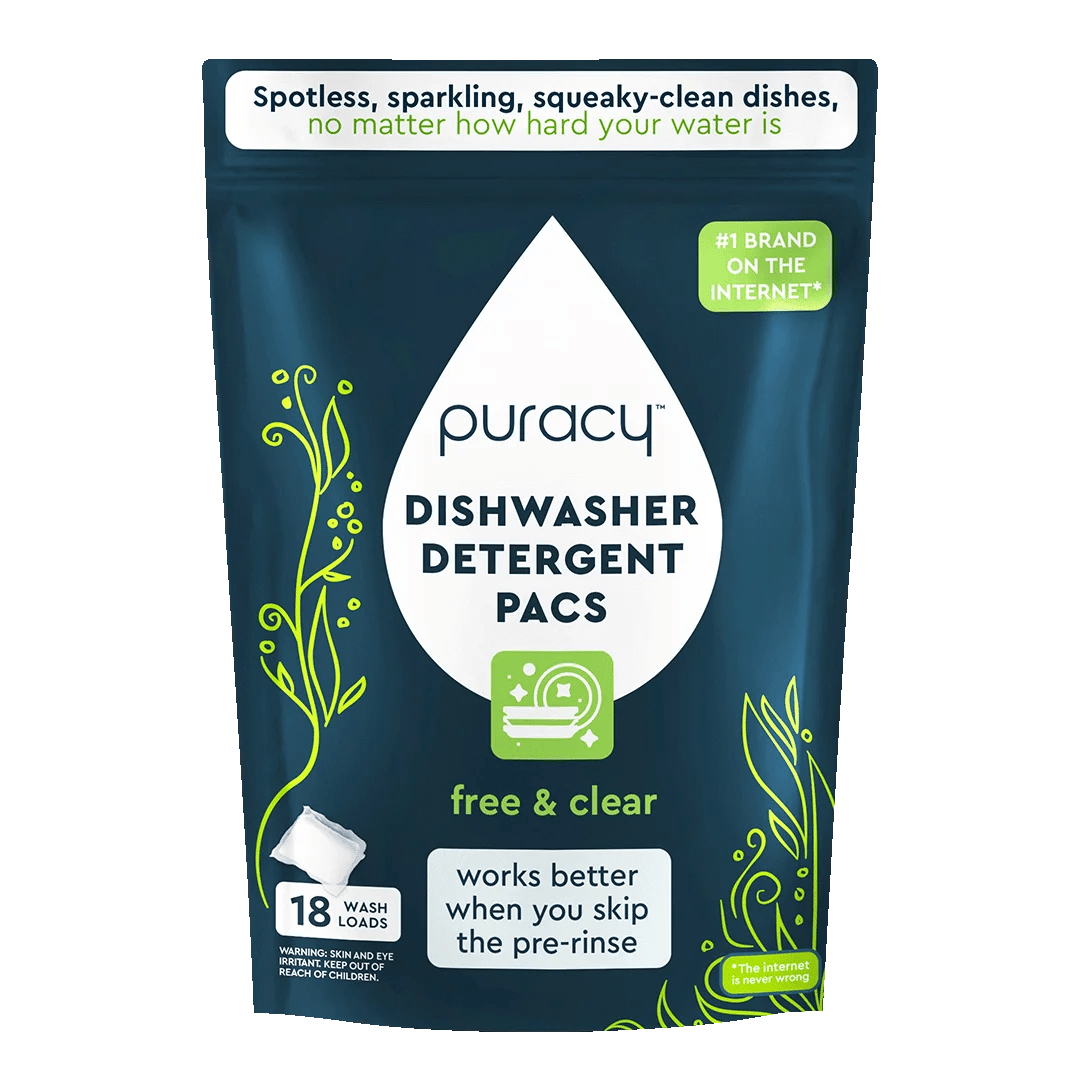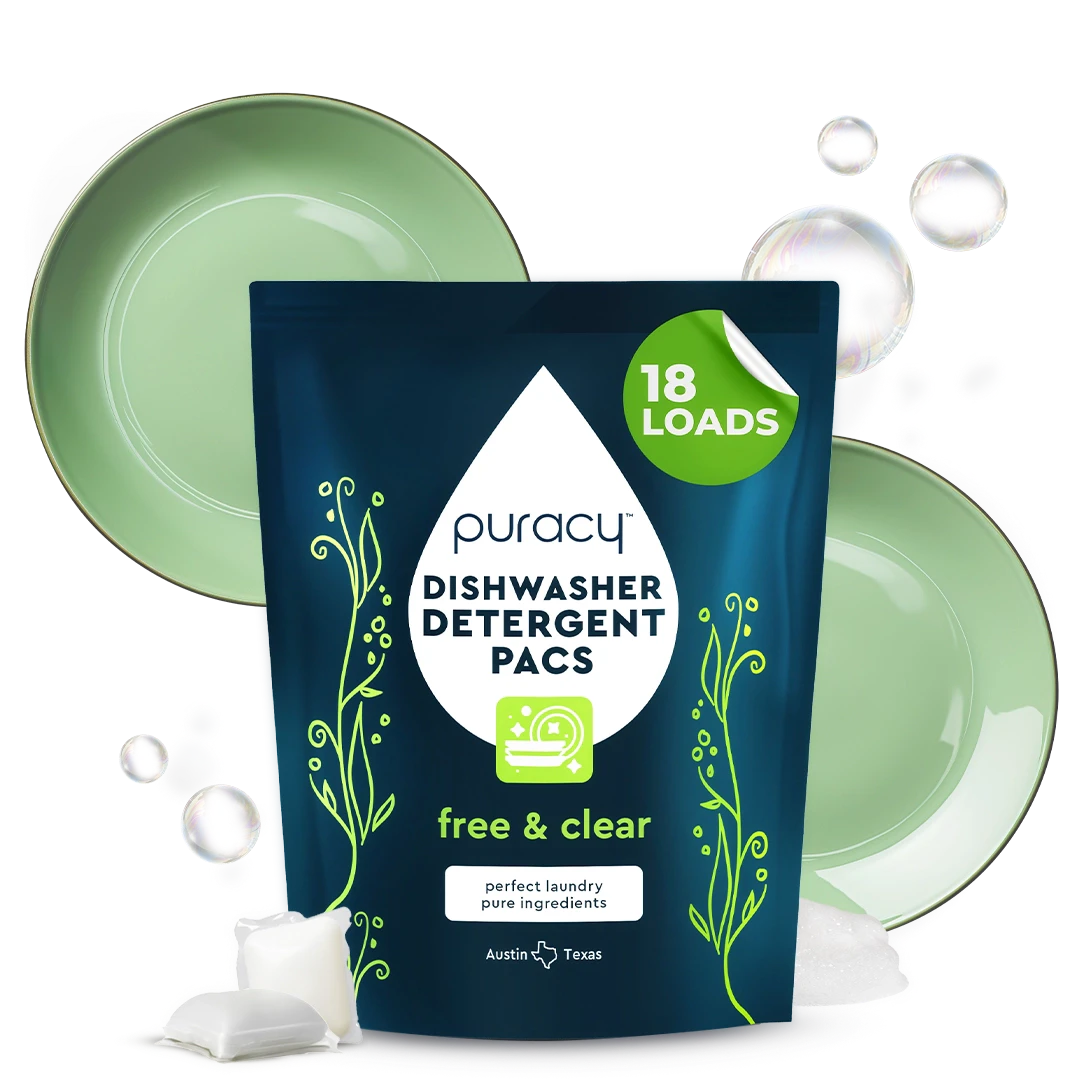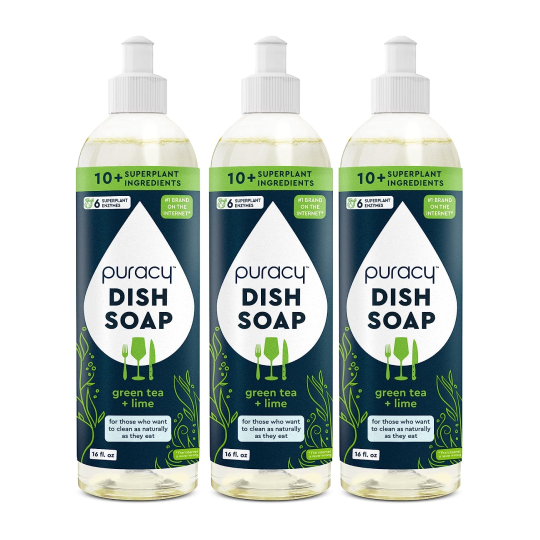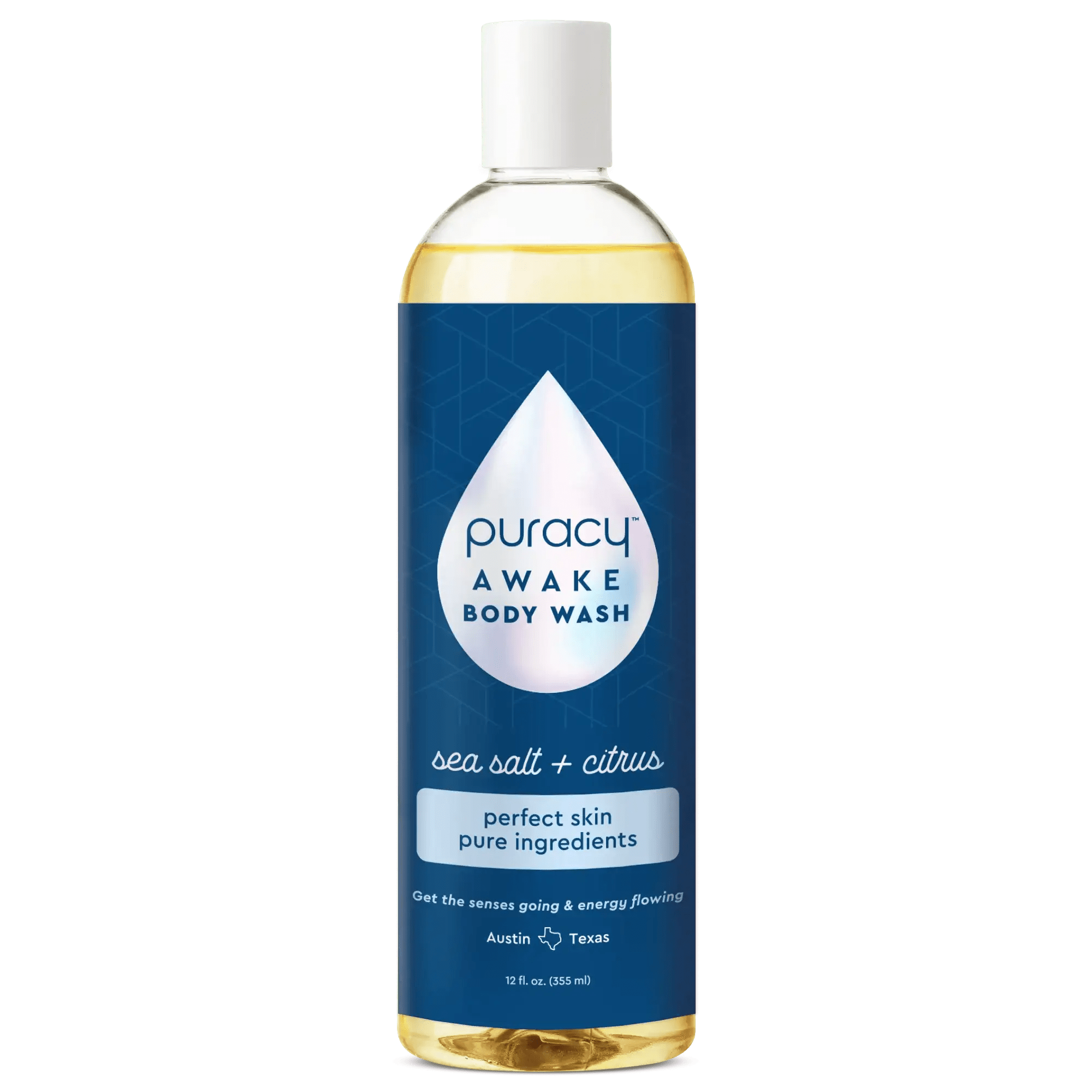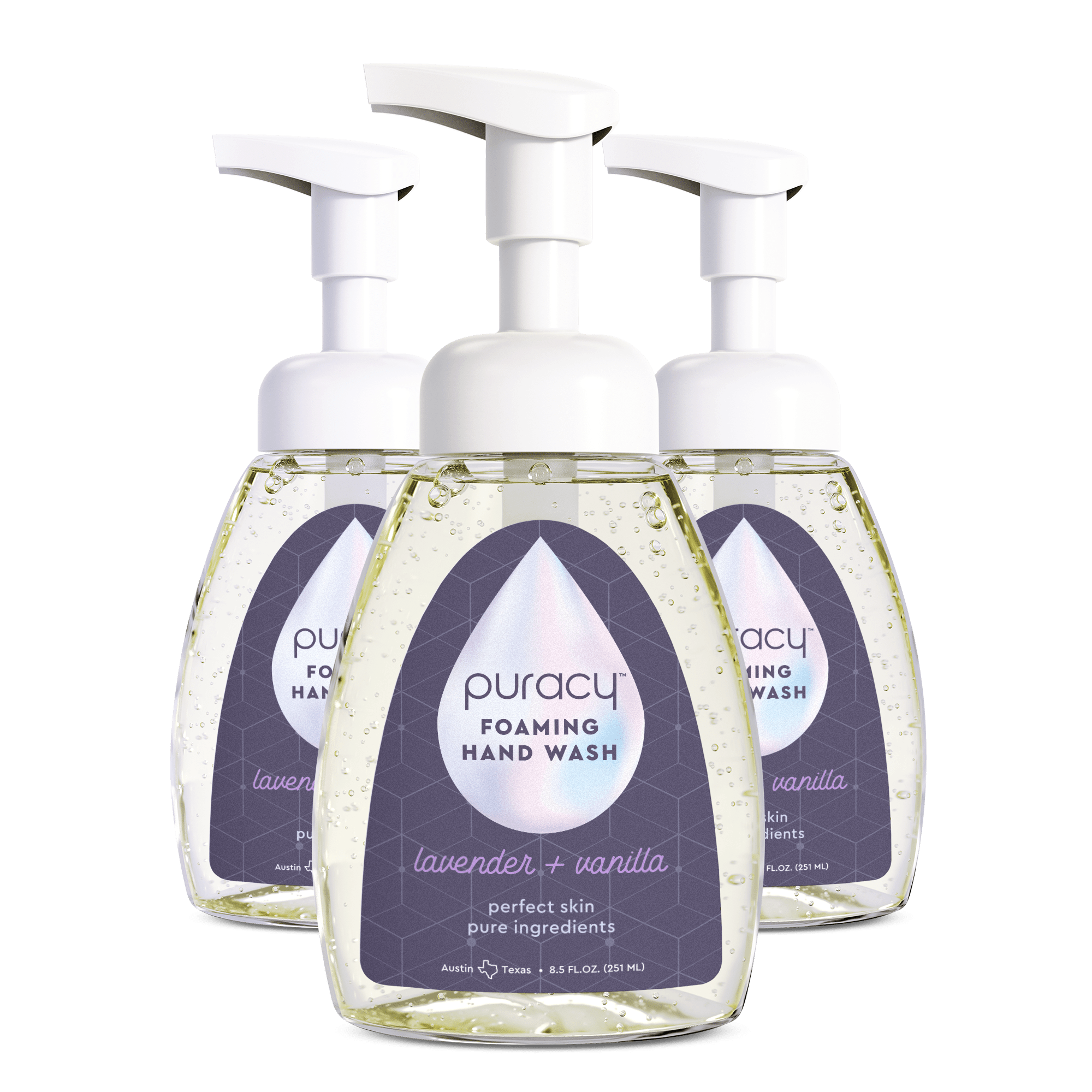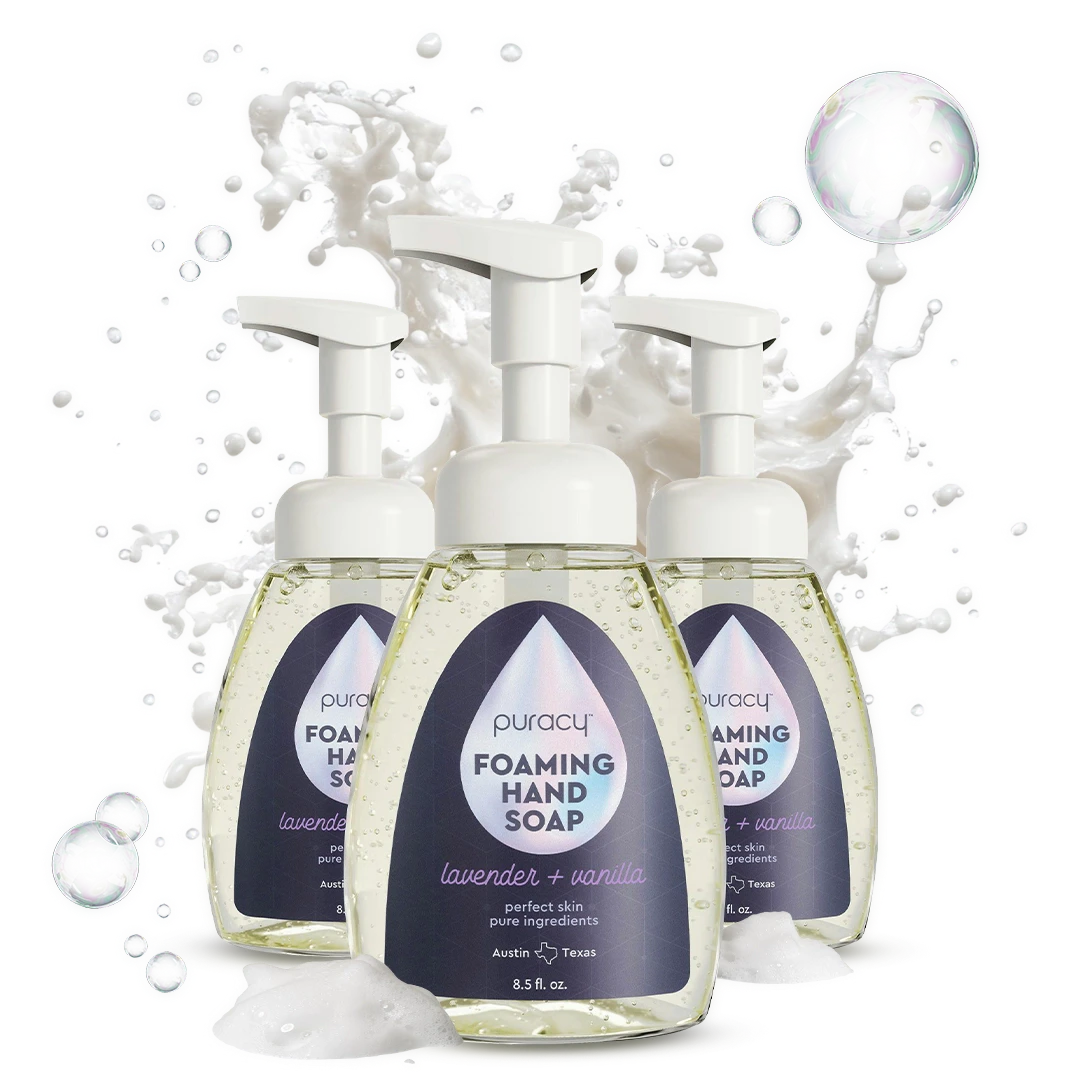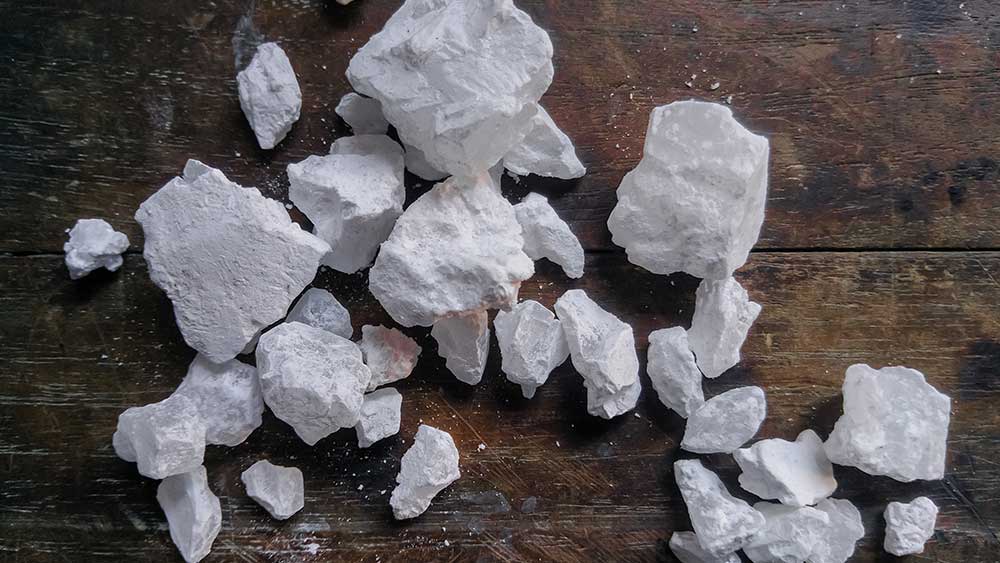
Helianthus annuus
- Derived from: sunflower
- Pronunciation: (ˌhēlēˈanTHəs \ˈa-nəs)
- Type: Natural
- Other names: sunflower oil
What Is Helianthus annuus?
Helianthus annuus (sunflower oil) is a light, amber-colored, oily substance derived from the common sunflower. Sunflowers are native to western North America but also grow in Europe and Russia, as well as South America and Asia. Sunflowers grown for oil usually have a black seed coat; seeds grown for consumption usually have dark brown or white hulls.[1] Sunflower oil is used in thousands of personal care and cosmetic products, including skin care products, hair care products, soaps and bath products, massage oil, baby products, and other items.[2]
What Does Helianthus annuus Do in Our products?
Helianthus annuus is an emollient that makes products smoother and more spreadable. It is also a moisturizer that helps keep the skin soft and conditioned. Puracy uses the organic form of this ingredient.
Why Puracy Uses Helianthus annuus
We use sunflower oil as a moisturizer in our products. The Cosmetics Ingredient Review has deemed sunflower oil safe for use in cosmetics.[7] Whole Foods has deemed the ingredient acceptable in its body care quality standards.[8] Studies have found sunflower oil is not a skin irritant or a sensitizer.[9,10,11] A study also shows that sunflower oil is not allergenic to people with sunflower seed sensitivities.[12]
How Helianthus annuus Is Made
The sunflower kernel has three parts: the embryo, endosperm, and seed coat. The shell also has several layers: the cuticle (external layer), epidermis, hypodermis, phytomelanin layer, fibrose tissue, and parenchymal layers adjacent to the kernel.[3] In ancient times, sunflower oil was made by simply smashing the seeds with a mortar and pestle. Hydraulic extraction and screw pressing are newer methods.[4] Extraction methods, which tend to be the most efficient, typically involve cleaning the seeds, removing the hulls, grinding the seeds, heating the ground product, flaking it between smooth rolls, and then applying a solvent that separates the oil from the rest of the matter.[5] In many cases edible oils such as sunflower oil are also refined (to remove particulates), bleached (to remove color or compounds that make the oil spoil faster), and deodorized (to remove odor or taste issues).[6]
Certifications

Sources
[1] Personal Care Council
[2] Personal Care Council
[3] Personal Care Council
[4] Timothy Kemper, "Oil Extraction," In Bailey’s Industrial Oil and Fat Products, Sixth Edition.
[5] Encyclopedia Brittanica
[6] Unviersity of Vermont Extension
[7] Personal Care Council
[8] Whole Foods Market
[9] Institut D'Expertise Clinique. “Sensitisation and cutaneous compatibility study of a face serum containing 25% Sesamum Indicum (Sesame) Seed Oil, 20% Helianthus Annuus (Sunflower) Seed Oil, 19.749% Prunus Armeniaca (Apricot) Kernel Oil, 15% Simmondsia Chinensis (Jojoba) Seed Oil, 10% Prunus Amygdalus Dulcis (Sweet Almond) Oil, 5% Argania Spinosa Kernel Oil and 2% Borago Officinalis Seed Oil.” Report N°B072004RD1 - Version 1. 2010. Unpublished data submitted by the Council on August 11, 2010. 60 pages
[10]
Institut D'Expertise Clinique. “Sensitisation and cutaneous compatibility study of product 781528 19 (skin cream containing 6% Helianthus Annuus (Sunflower) Seed Oil, 0.39% Rosa Canina Fruit Oil and 0.2% Ribes Nigrum (Black Currant) Oil).” Report No. B100171RD5. 5-14-2010. Unpublished data submitted by the Council on Aug 11, 2010. 62 pages
[11] EVIC Portugal. “Human repeat insult patch test with challenge of formula 591559 20A (face cream for dry skin containing 3% Butyrospermum Parkii (Shea) Butter, 1% Prunus Armeniaca (Apricot) Kernel Oil and 0.264% Helianthus Annuus (Sunflower) Seed Oil).” Study reference DT020375. 11-21-2006. Unpublished data submitted by the Council on Aug 11, 2010. 22 pages
[12] Halsey, A. B., Martin, M. E., Ruff, M. E., Jacobs, F. O., and Jacobs, R. L. “Sunflower oil is not allergenic to sunflower seed-sensitive patients.” Journal of Allergy and Clinical Immunology. 1986;78:408-410
